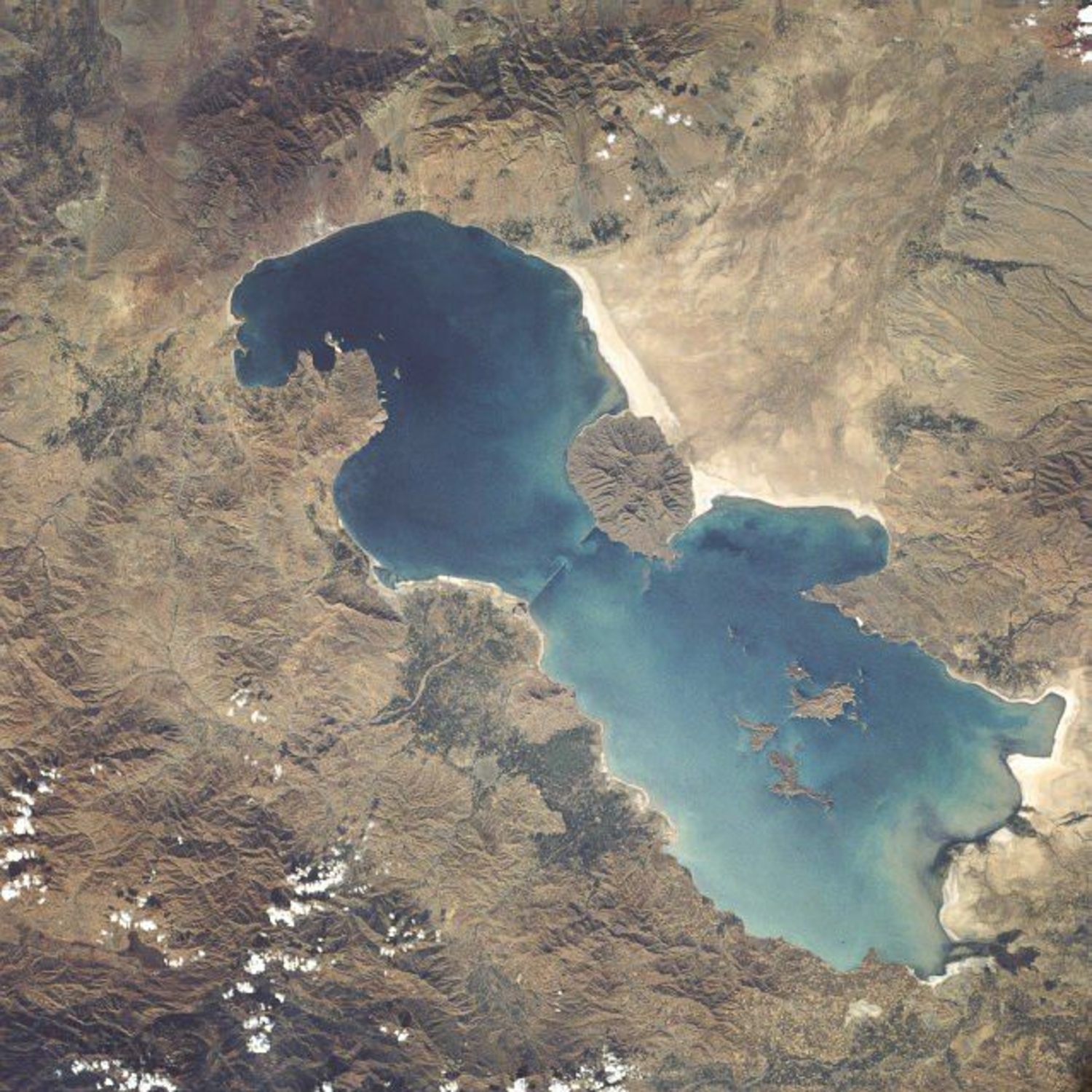
- Home
- The Eighth Campaign of Sargon II
- Geography of the campaign
The description of the landscape in the Eighth Campaign plays a pivotal role in helping the audience follow and relive the experiences of the royal troops as they advance and at each major stage in the campaign.
Landscape & environment
Diverse environments
Sargon II and his army travelled through some extremely varied landscapes, from the semi-arid plains of Mesopotamia to the rocky mountain ranges on the northern shores of Lake Urmia. The route also took the troops through high mountains and plateau regions crossed by torrents and countless watercourses, deep into forests, and over meadows and farmed fields. Various species of fruit trees were still in bloom in summer, coinciding with the beginning of the campaign, and from autumn onwards the landscape abounded with fruit which fell like drops of water from the sky. As the landscape’s morphology began to fill the troops with dread and fear, the mood took an ominous turn. The story suggests the king and his troops regarded the territories they crossed as lying at the edge of the inhabited world. As they moved away from the plains of Mesopotamia, they entered a territory with a geography only the gods could understand.
Noises and smells
The region’s unusually powerful storms terrified the Assyrians, who chose to see them as a sign of support from the storm god Adad. The sound of the mountain waterfalls and rustling trees that echoed around them made a deep impression on the king and his army. The story also conveys the olfactory atmosphere, describing in great detail the scents unique to each land. The heavily wooded mountain ranges and the gardens of Rusa I in Ulhu exhaled delightful scents that pleased the king of Assyria. The same was true of several species of trees and aromatic plants encountered along the way.
(l.324) Between the Sheyak, Ardikshi, Ulayu and Alluriyu mountains, high mountains,
(l.325) rising in craggy ranges, bristling with countless rocky ridges, offering no passage between them, even for men on foot.
(l.326) Raging torrents had carved ravines there; the roar of their rapids thundered up to one double hour away, like the god Adad.
(l.327) Though the mountains were covered, like a bed of thick reeds, with many useful fruit-bearing trees and vines, he who approached their entrance was filled with foreboding.

